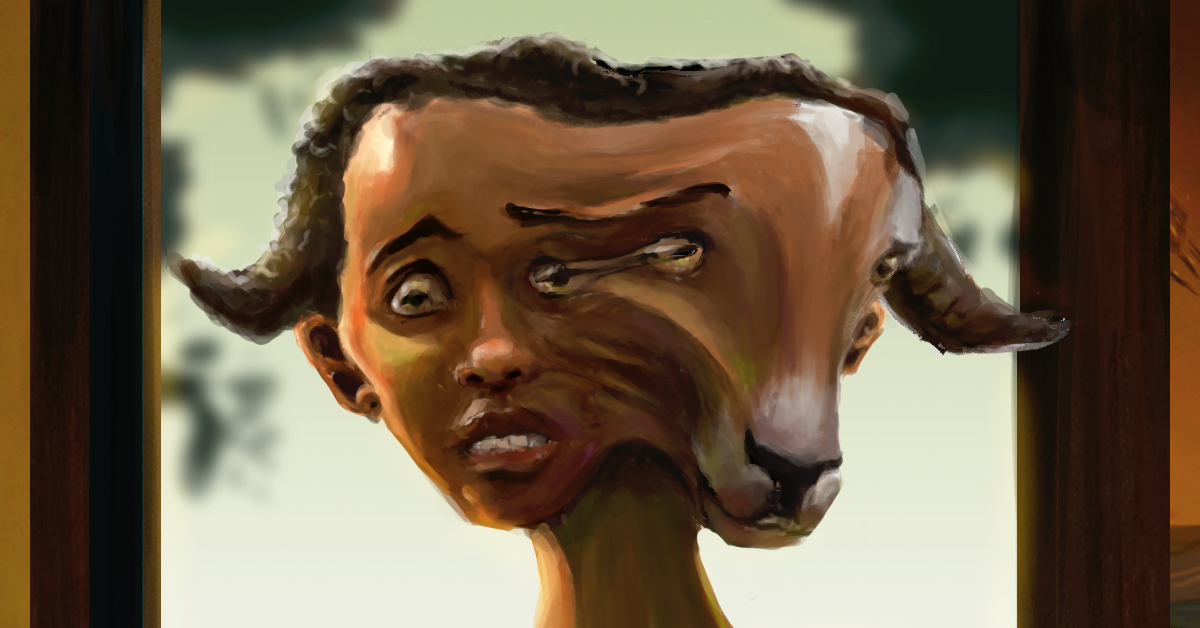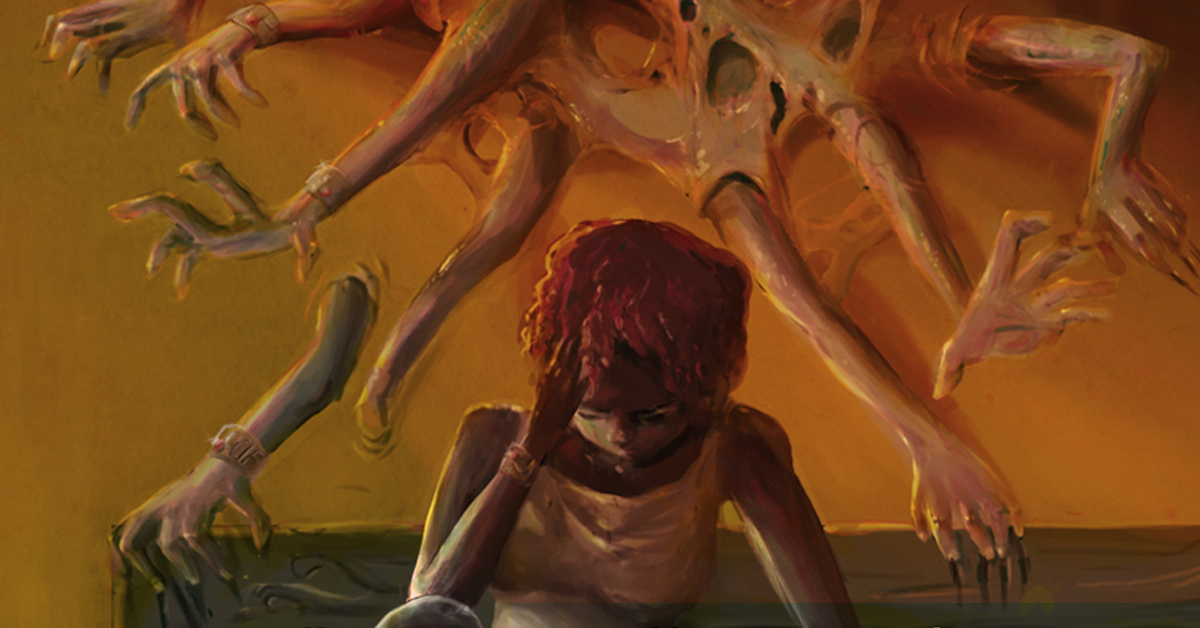The Herd
shhhk… shhhk… clop… shhhk… clop… Planting its hooves into the gritty asphalt, the goat stiffened into a mannequin as it was being pulled by its horns. The sky was a deep cobalt when Vusi, a 40-year-old man with a stern face, dragged his gift from Lupane; proof that the village had been nice to him. … Read more




